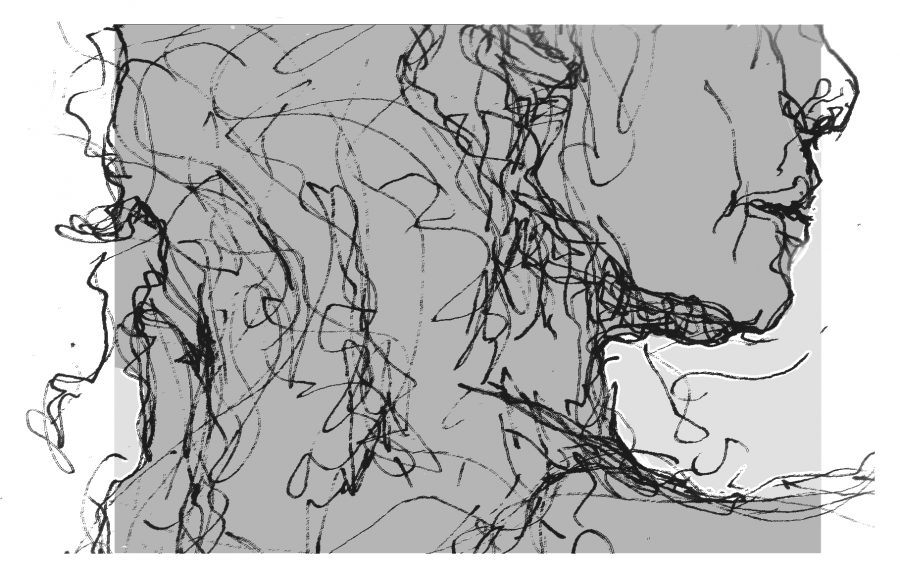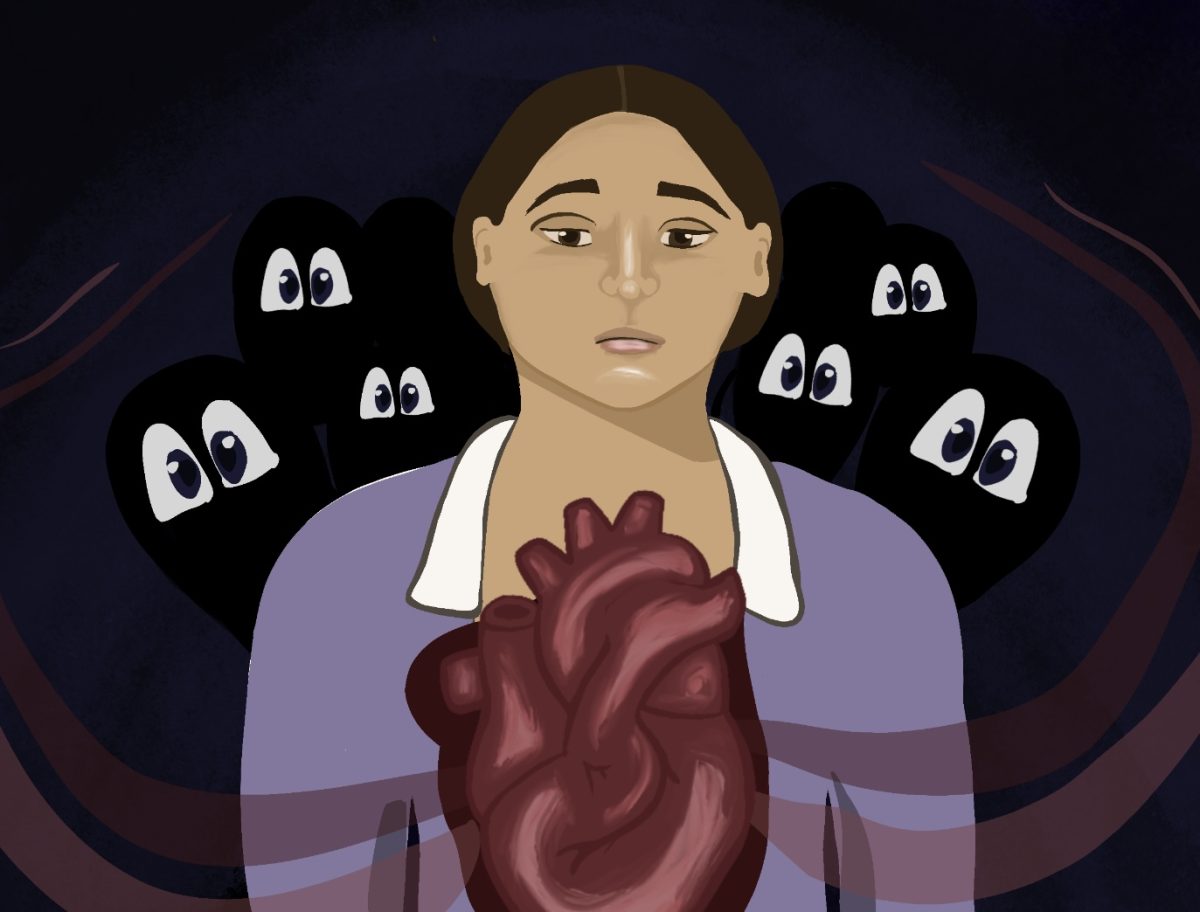Students often face numerous personal issues throughout their time at university. Learning disabilities, medical conditions and mental health issues are all personal crises that warrant a nonacademic Q-drop, but students should not have to share these intimate matters with employers or graduate schools.
Q-drops allow students to drop a course after the 12th class day without it affecting their GPA. Instead, their transcripts show a ‘Q’ for the class. Students are permitted six Q-drops during their undergraduate education at UT, but nonacademic Q’s do not count toward those six. Nonacademic Q’s can be granted to students struggling with personal issues that impede their ability to succeed in school. Services for Students with Disabilities offers students with documented medical conditions accommodations to manage their course load, including nonacademic Q-drops and course load reduction.
Nonacademic Q-drops can be a good way for students to cope with their personal matters without hurting their GPAs. However, when the university publishes nonacademic Q-drops on students’ transcripts, they fail to support students who are already struggling with private issues.
If a student is working to overcome a learning disability, long-term medical illness or mental health crisis that affects their academic progress, they will likely Q-drop a course more than once. Frequently dropping courses can be enough to severely hinder a student’s ability to get a job or graduate school acceptance. Nonacademic Q-drops are not reflective of a student’s potential. Q-drops suggest that a student ‘quit’ a class because he or she was unable to keep up with the course work.
Deputy University Registrar Brenda Schumann said that to her knowledge, the University has never considered excluding nonacademic Q-drops from students’ transcripts.
Art history sophomore Megan Vennell used a nonacademic Q-drop in fall 2017 because she felt she was neglecting her mental health needs and needed to make time to regularly attend therapy.
“I really disagree with putting the Q-drop on my transcript.” Vennell explained. She feels that this notation on her transcript is a severe disadvantage, as anyone looking at her transcript will likely assume she dropped the course because of academic shortcomings, rather than a documented medical issue.
Medical illnesses and learning disabilities are private matters that prospective employers and universities should not know about unless the student chooses to share that information. By publishing nonacademic Q-drops, the university forces students to either explain their medical illnesses to future employers or protect their privacy and potentially ruin their chances at more competitive jobs or graduate schools.
“I think we should really be working toward creating a safe space for students with differing needs,” Vennell explains. “I want the University of Texas to be a place for people to learn and grow,” instead of a place where students may “underestimate (themselves) in order to avoid Q-dropping a course.”
The University should uphold its promise to help students succeed. Nonacademic Q-drops granted through SSD, CMHC or recommended by a medical professional should not appear on students’ transcripts. UT has taken many steps in the right direction to help students flourish and should continue to help students struggling with personal matters succeed — without letting it interfere with their education.
Dighe is a Plan II and neuroscience sophomore from Houston.


















